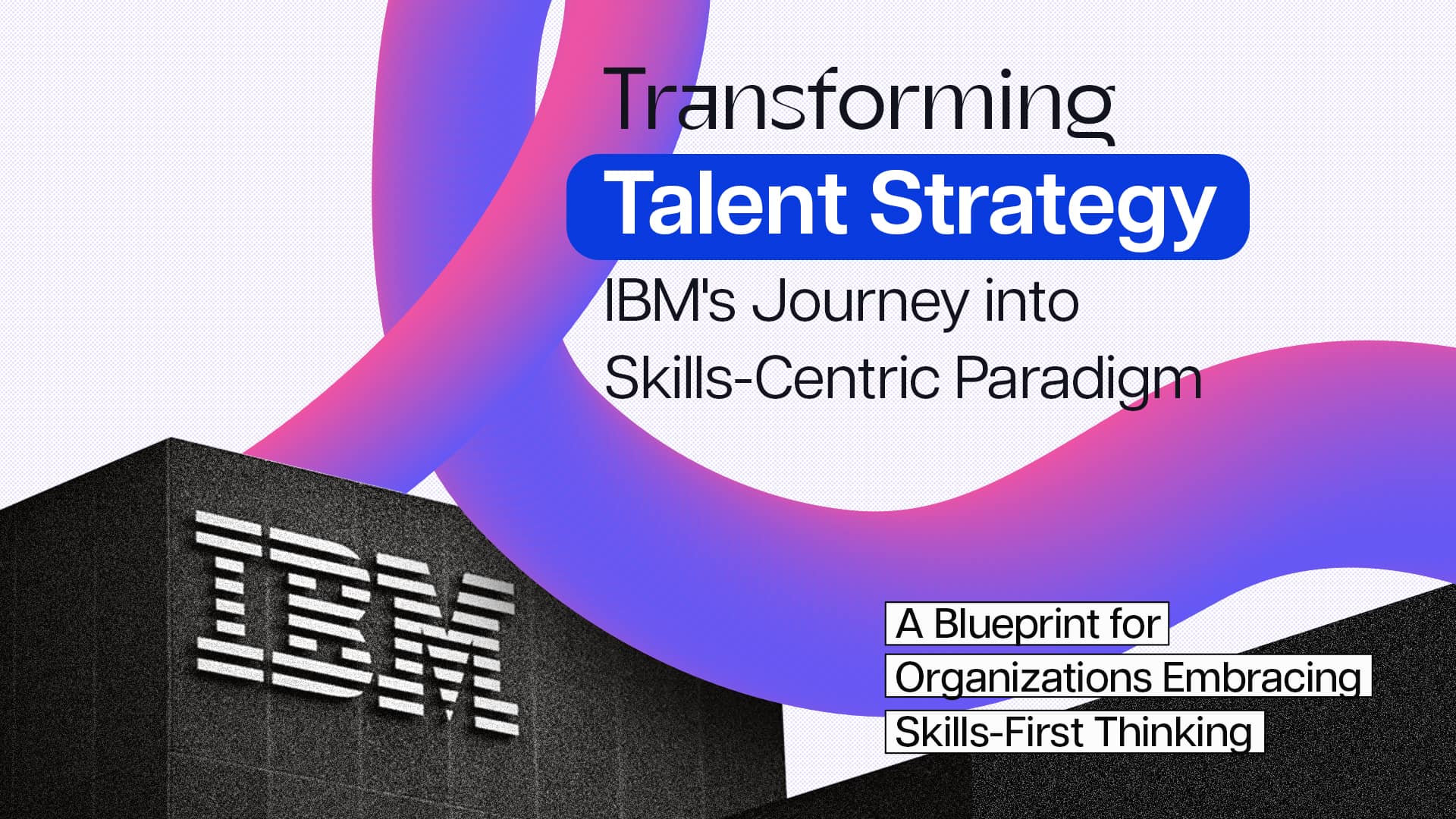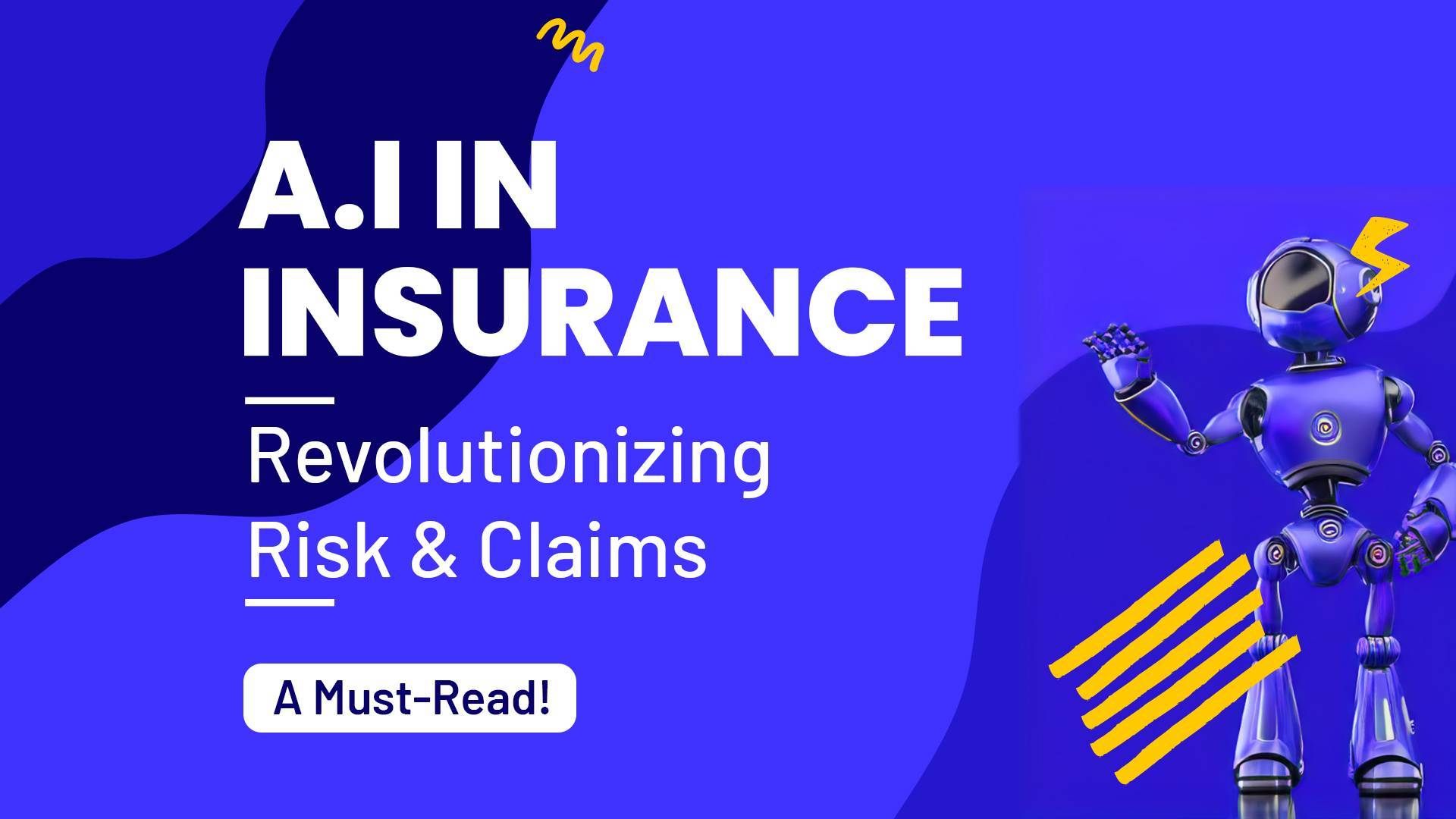A Blueprint for Organizations Embracing Skills-First Thinking
In recent years, the concept of skills-first thinking has gained significant traction among employers, driven by the need to expand the talent pool beyond traditional qualifications. IBM, a trailblazer in this paradigm shift, has successfully centered its talent strategy on skills, presenting valuable lessons for organizations venturing into this transformative approach.
In this blog, we explore IBM’s remarkable journey and delve into the expert insights shared by Kelli Jordan, the vice president of IBMer growth and development. Discover how IBM’s experience can guide other organizations to embrace skills-centric talent strategies and thrive amidst disruptive changes in the business landscape.
Starting Small, Achieving Big Wins IBM’s Apprenticeship Program:
- The importance of initiating small-scale programs as success stories to build upon
- Collaborating with senior leaders and subject matter experts to develop a framework for testing and learning
- The snowball effect: Rapid growth driven by word of mouth and visible success
- Continued investment in apprenticeship programs, reflecting leadership’s commitment to skill-centered strategies
Measuring Impact and Harnessing the Power of Data and Stories IBM’s Approach to Measuring the Effectiveness of Skills-First Programs:
- Utilizing sophisticated measurement techniques to showcase the impact of skills-first initiatives
- Reinforcing a culture of continuous learning through data-driven insights
- The correlation between learning hours and career progression, promotion, and retention
- The role of human stories in creating personal connections and influencing change management efforts
Skills as the Golden Thread: Fostering Agility and Adaptability The Urgency of Equipping Existing Teams with New Skills:
- The exponential rate at which skills are expiring and evolving
- LinkedIn’s research highlighting the significant changes in skill requirements
- The need to invest in upskilling and reskilling programs to keep teams relevant
- IBM’s tools for helping employees understand their skill sets and build new competencies
- Internal mobility and career growth as integral parts of IBM’s culture
Embracing a Mindset Shift for Enhanced Results Thinking Differently: Transforming Hearts and Minds:
- The necessity of changing mindsets for successful skills-first implementation
- Impact on diversity and expanding the talent pool beyond traditional credentials
- Overcoming filtering biases to welcome candidates with relevant skills
- Rethinking candidate pipelines and embracing the changing landscape of talent acquisition
Conclusion: IBM’s transformative journey serves as a guiding light for organizations seeking to center their talent strategies on skills. By starting small, leveraging data and storytelling, nurturing a culture of continuous learning, and embracing a new mindset, organizations can position themselves for success in a rapidly evolving labor market.
Building a skills-centric talent strategy not only unleashes the untapped potential of the workforce but also enables long-term agility and adaptability in the face of disruptive changes. It is time to embark on a skills-first revolution, taking that crucial first step towards a future-ready talent strategy.









